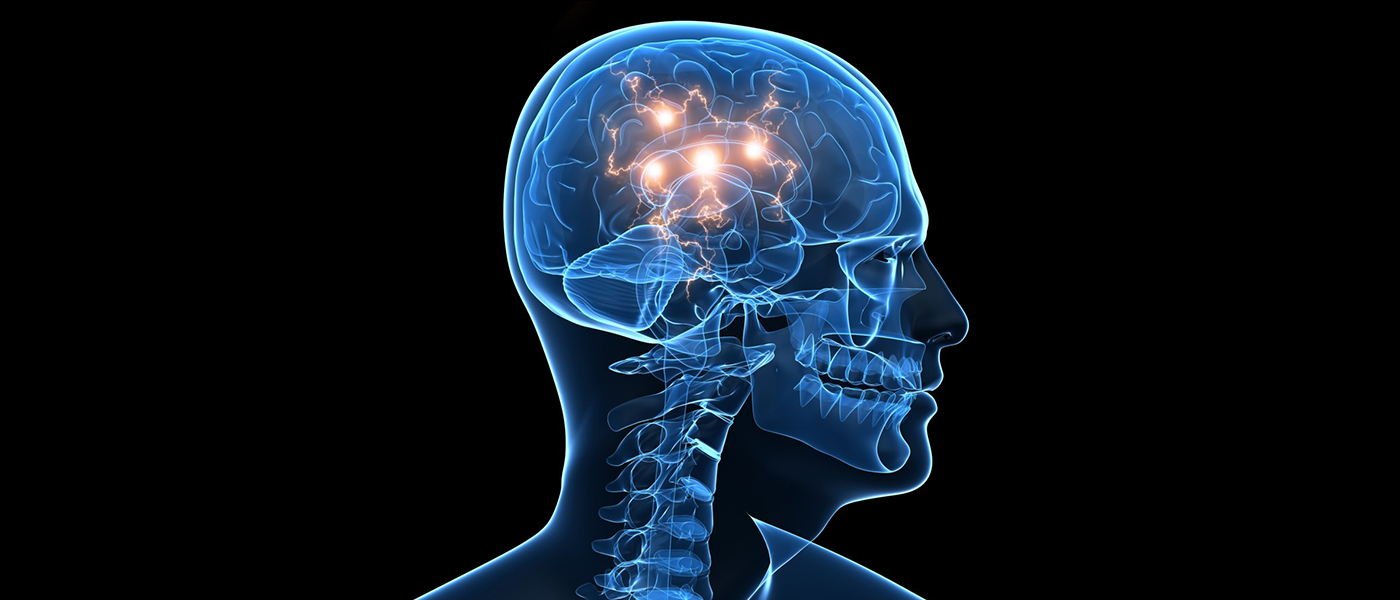Changing The Human Experience
Most of what goes on in our bodies is fairly well understood today, except the brain. There are 100 billion neurons in the brain of varying types and over 100 trillion connections between those neurons. They are responsible for everything you do and are, but are still largely a mystery.
Now, recent developments have given scientists a more thorough understanding of various neurological disorders, which in turn have revealed insights into how our brains work. They have also lead to novel treatments that many researchers believe will be widely available to people with Parkinson's within the next five to 10 years. But this will, in essence, just be a 'Version 1.0' of these therapies, so to speak. As we perfect these techniques they will be applied to other diseases, allowing us to cure a host of neurological ailments in 'Version 2.0' (just 10 to 20 years down the road) and eventually allowing us to augment the intelligence and abilities of otherwise seemingly healthy individuals in 'Version 3.0' (20 to 30 years out). It could even allow us to reverse aging.
But let's back up a minute add see where we are and how we could get there.
Parkinson's and Aging
Through the study and treatment of neurodegenerative disorders such as Parkinson's, Alzheimer's, and ALS, scientists learned that when neurons die off, or chemical signals are no longer produced beyond a certain threshold, problems arise. In Parkinson's disease for instance, symptoms do not emerge until at least 50-80 percent of the dopamine producing neurons in specific parts of the brain have died – yet every human's brain deteriorates over time. The spread of free radicals and accumulation of misfolded proteins that occur from the simple act of eating and breathing leads to cell death.
Every single one of us has different amounts of healthy neurons in different arrangements, and this is the reason why there is such variety in people's cognitive abilities. The application of treatments being developed today to fix deficiencies in people with various diseases could one day be used in people who simply have sub-optimal levels of a particular neuron in a particular part of the brain.
The neurodegeneration that leads to neurological diseases is a by-product of the natural aging process. Increasing awareness and understanding of the factors that contribute to aging have lead to a growing number of people in the medical community believing that we can intervene in this process and halt or even reverse aging altogether.
Novel therapies are being worked on to address these problems. Some of the most exciting include stem cell transplantation, gene modification therapies, and neuromodulation through brain-machine interfaces. All of these techniques are in their nascent stage and will see continual improvements over the years to come. It is conceivable that, once perfected, seemingly healthy people will be able to walk into a clinic, get their brains scanned, get a readout of exactly what parts of their brains have sub-optimal levels, and opt to augment those levels through one or more of the various techniques mentioned above.
And who are the big players who will likely bring these remarkable changes to life?
Up till now, the tools available for understanding and diagnosing most diseases have been woefully inadequate, and funding for ambitious research has been lacking. Today, there is more money being poured into such research and more people working on tackling these problems than ever.
The most promising projects come from the European human brain project and the U.S. brain initiative, which are trying to do for the brain what the human genome project did for our understanding of the genome. In addition there has been an immense burst in funding for projects from private institutions like the Google developed Calico labs, the Paul Allen Institute for Brain Science, the Chan Zuckerberg Initiative, the Zuckermen Mind, Brain and Behavior Institute, the Gladstone Institute, the American Federation for Aging Research, the Buck Institute, Scripps and SENS, to name a few – not to mention all the new work being done in universities and for-profit companies throughout the world.
A New Age in Understanding the Mind
Then there is the application of machine learning to our understanding of disease. The reason why we have been unable to combat many of the diseases that are still with us today is that, for each one of them, there are simply too many factors involved for any individual or group of people to adequately grasp. However, the advent of techniques such as neural networks and their application to big data will give us access to tools that are able to take in all the factors involved and output a far more accurate description of the problems we face.
All of these efforts, together with a newfound understanding that aging itself should be classified a disease, lead many experts in the field to believe we will make more progress in the next 10 years than we made in the last 100 years combined.
While we should continue to be skeptical of the various bold proclamations made by a growing number of researchers who believe that diseases, and aging in general, will soon be a thing of the past, there is reason to believe that it is possible. In the years to come, new tools and techniques, along with the application of machine learning, will allow researchers to probe even deeper into the human mind, with many believing that it is only a matter of time before we have a complete picture.
Benjamin Stecher is a 32-year old Canadian man living with Parkinson's disease (PD). This past July, he quit his job in order to dedicate more of his time to learning all that he could about the disease and the treatment options available. He now runs a site discussing his findings and other futurist related content.
Share This Article
